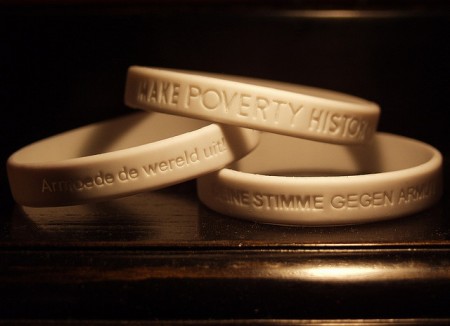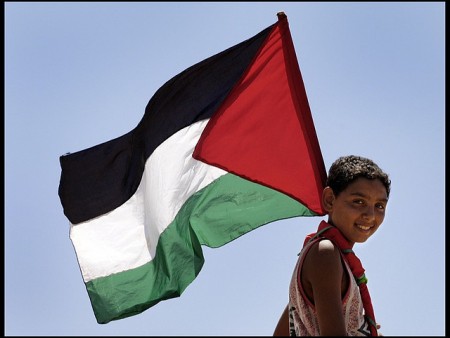
Yesterday, 23 May, the third international gathering of the Nobel Women’s Initiative opened its gates in Quebec, Canada. This year it carries the title Women Forging a New Security: Ending Sexual Violence in Conflict. For three days, over 120 civil society activists, corporate and security sector leaders, military and peacekeeping personnel, academics from around the world, and numerous Nobel Peace Laureates are convening to discuss strategies for tackling sexual violence in conflict.
Sexual violence in times of war or turmoil is not at all a new phenomenon. Rape has shadowed war for as long as armies have marched into battle. In the past four decades, however, the scale of sexual violence has come to reach almost surreal proportions. While “traditional” warfare was, in the past, characterized by a clash of armed forces, wars have developed more and more into internal armed conflicts. The targets are increasingly often civilians, turning rape and sexual attack into useful forms of war and a core military strategy in conflicts around the world, from Sudan to Burma to Colombia.
Rape is the most intrusive of traumatic events. Sexual violence is as damaging as a bullet. It destroys not only the body of the victim, but the basic social fabric of the community. Where sexual violence has been a way of war, it destroys the way of life. Rape shatters traditions that anchor community values, disrupting their transmission to future generations. Children accustomed to rape and violence grow into adults who accept them as the norm.




